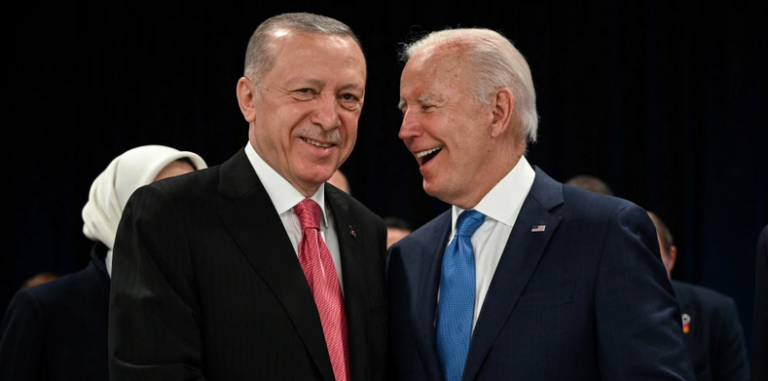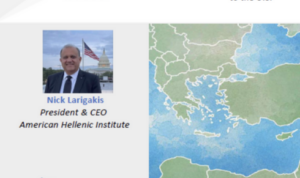It’s become boilerplate diplomatic and journalistic language whenever Turkish President Recep Tayyip Erdogan throws a temper tantrum about Kurdish self-governance in Syria.
“These are legitimate [Turkish] concerns. This is about terrorism. It’s about weapons exports,” NATO Secretary General Jens Stoltenberg said during a visit to Finland. Previewing the Group of Seven and NATO summits, Biden administration officials spoke of “Ankara’s state and security concerns.” “Turkey has legitimate security concerns on its borders,” declared Asli Aydintasbas, an Istanbul-based contributor to the Washington Post.
It is time to stop buying the idea that Turkey’s concerns are legitimate.
Over 1,000 items from 6,000 BC to be displayed at new Archeological Museum in Alexandroupolis
True, in the 1980s, the Kurdistan Workers’ Party, the PKK, waged an insurgency in pursuit of a separate state after decades of Turkish discrimination against Kurds. At the time, the PKK engaged in horrific abuses against those whom it saw as agents of the Turkish state. By the early 1990s, however, Turgut Ozal, who dominated Turkey for a decade first as prime minister and then as president, proposed negotiating with the PKK. Danger persisted, even after Turkish special forces captured PKK leader Abdullah Ocalan in Kenya in 1999. Turkish security-enhanced precautions for bus, train, and plane travel across the country through the early 2000s. Nor was the PKK threat limited to Turkey. When I first visited Iraqi Kurdistan in 2000, travel between Duhok and Erbil was risky after sundown because of PKK raids. In 2003, while working for the Coalition Provisional Authority, the PKK briefly held me at gunpoint while I was traveling in the mountains a few miles south of the Turkish border.
Read more: Washington Examiner
Ask me anything
Explore related questions





